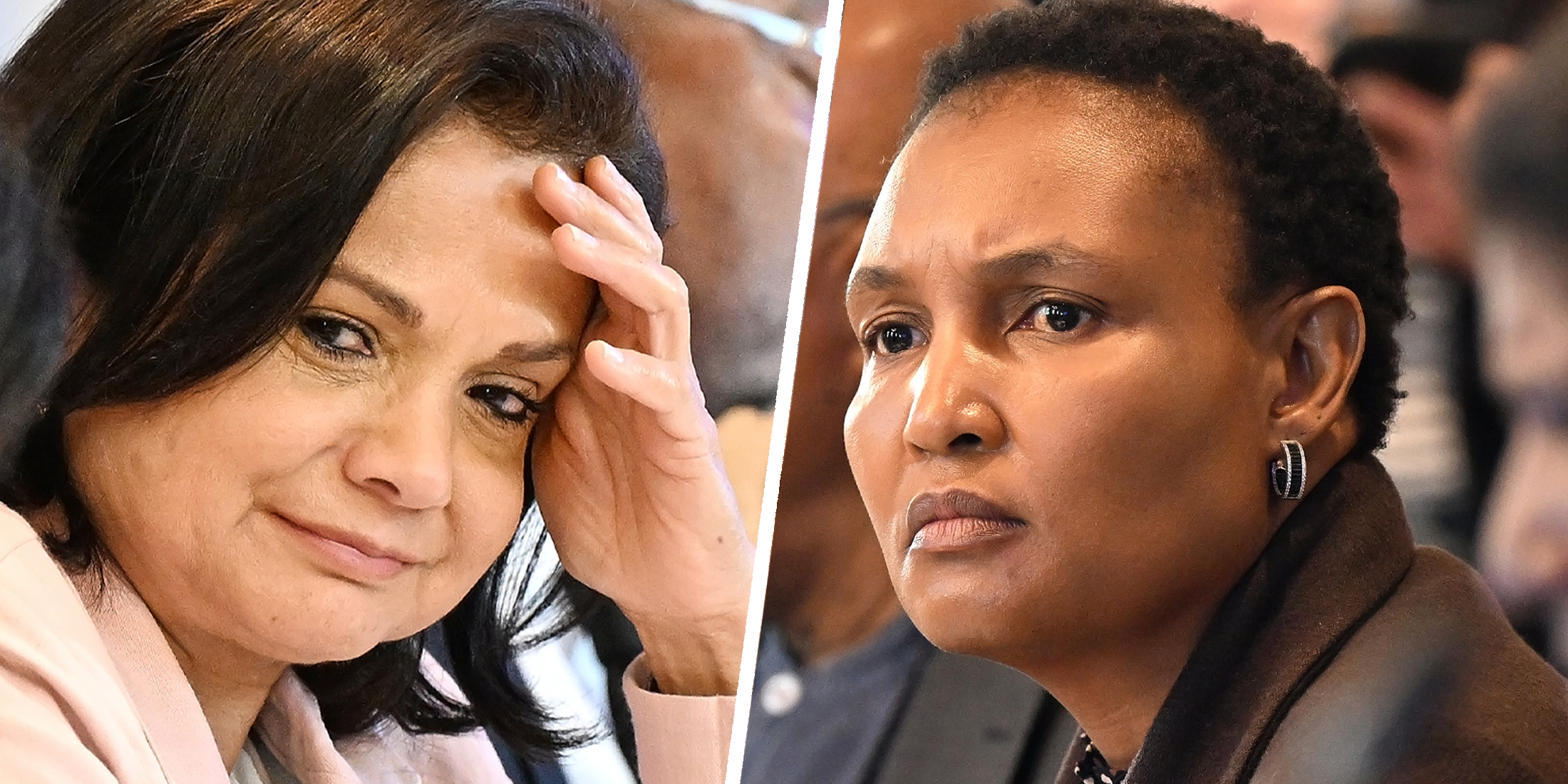How did this start?
A behind-the-scenes battle broke through to the media in August, when News24 published a scoop alleging that the National Prosecuting Authority (NPA) was battling to get access to the database of information gathered in the four-year course of the Zondo Commission investigating State Capture.
The story may have been leaked to journalists out of frustration on the part of NPA figures. Accusations and counter-accusations flying between the NPA and the Department of Justice (DoJ) have since been splashed across the pages of South Africa’s newspapers, and the appearance of all the relevant players before Parliament’s justice committee on 10 September seems to have done little to douse the flames.
What exactly is the NPA claiming?
Everyone involved is now clamming up to the media, and there is a frustrating murkiness surrounding the narrative on both sides. The original News24 report contained the most extreme claims about the obstruction that the NPA was facing, including an allegation that the NPA had sent up to 20 letters to the DoJ begging for access.
NPA spokesperson Mthunzi Mhaga was also on record at the time as telling News24 that the NPA had been informed that, “because of lack of maintenance, the data is no longer available”.
At the Parliament meeting on 10 September, the tone was more diplomatic in public. But NPA head Shamila Batohi nonetheless stated: “The NPA has been working on getting the access that we need for close to four years… The ID [Investigating Directorate, the unit responsible for State Capture investigations] has been provided levels of access but not the access that they need.”
What is the DoJ’s defence?
Daily Maverick attempted to confirm all this with the DoJ this week, but we were told by DoJ spokesperson Tsekiso Machike to refer to the Parliament meeting for clarification. Unhelpfully, Parliament now only records a fraction of its committee meetings, so the record of proceedings is limited to the Parliamentary Monitoring Group’s minutes and the notes taken by our journalist.
At that meeting, former Zondo Commission secretary Professor Itumeleng Mosala appeared to concede that there were some restrictions, at least in the past, on the NPA’s access to the database — in some cases due to privacy laws.
Mosala told Parliament that, for instance, data related to bank accounts “should not be shared with third parties”, and the NPA would have to subpoena such information.
He also said that, for data from the Gupta hard drive, only the part that former Chief Justice Raymond Zondo had admitted into evidence “can be put out to the public”.
Mosala acknowledged that there had been an issue with expired licences to some of the technology necessary to maintain the database, but said he was addressing that issue.
Overall, both the DoJ and Mosala strenuously denied that there was any attempt to hinder access to the database.
What does the law say about access to information by the NPA?
The Prevention of Organised Crime Act says the NPA head may request “any person in or associated with a government department or statutory body to furnish him or her with all information that may reasonably be required for any investigation in terms of this act”, and that the NPA head is permitted “to have access to any registers, records, documents, and electronic data which may contain such information”.
Steven Powell, the head of forensics at the law firm ENS, told Daily Maverick that the Zondo Commission might “in an abundance of caution” hold the view that the NPA should issue subpoenas to receive information related to bank accounts from the database — but, “to my mind, this amounts to unnecessary duplication of effort”.
Powell advised the NPA to seek legal advice on the matter.
The EFF and MK have separately claimed that it is a conflict of interest for advocates Paul Pretorius and Matthew Chaskalson to have served as evidence leaders for the Zondo Commission and now be working as State Capture prosecutors.
Powell said this was “a ridiculous argument”, because courts, not prosecutors, ultimately determine the quality of evidence.
“The involvement of the evidence leaders at the Zondo Commission is beneficial to the State as they are familiar with some of the material, and it should be in the interests of justice to facilitate and speed up the prosecution process,” said Powell. DM
This story first appeared in our weekly Daily Maverick 168 newspaper, which is available countrywide for R35.






